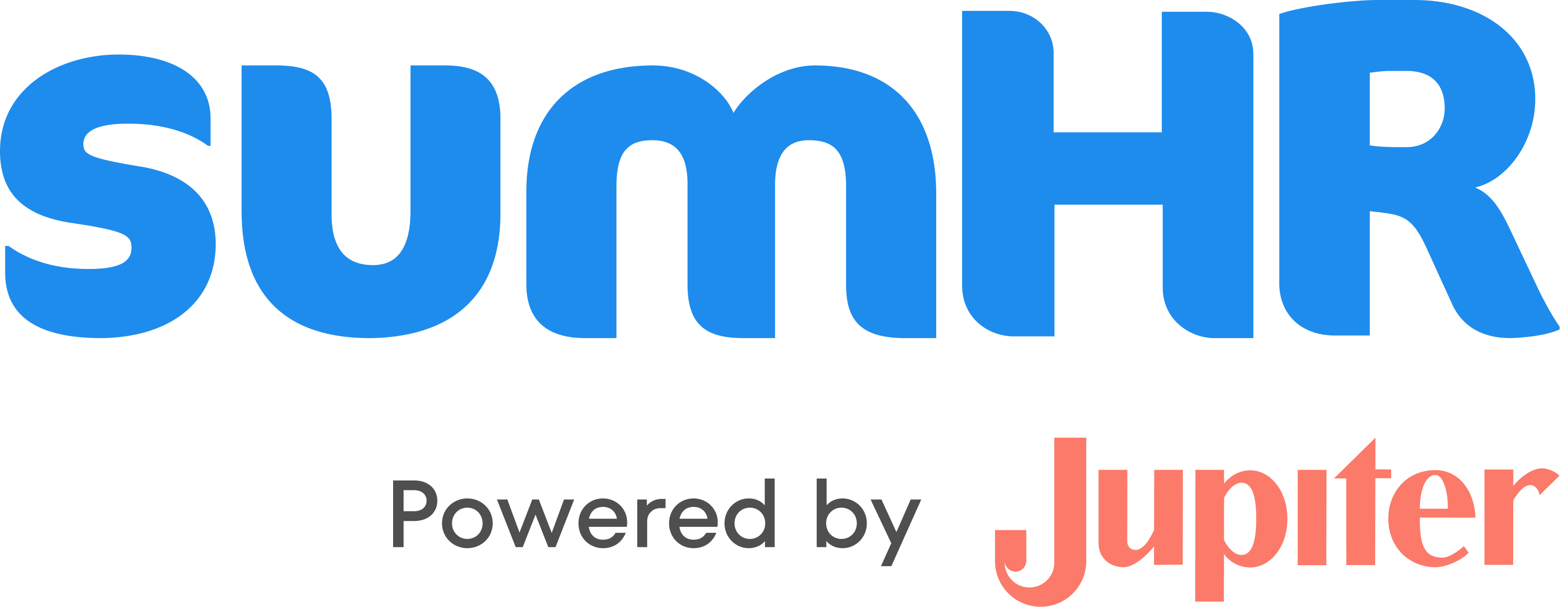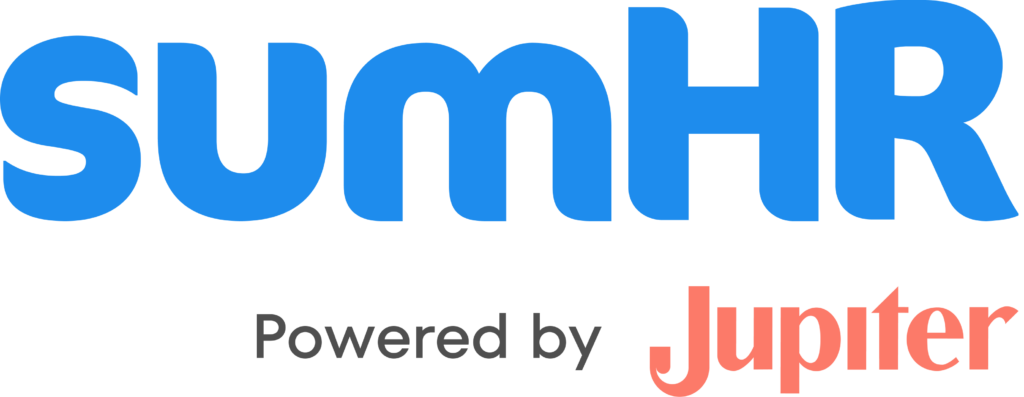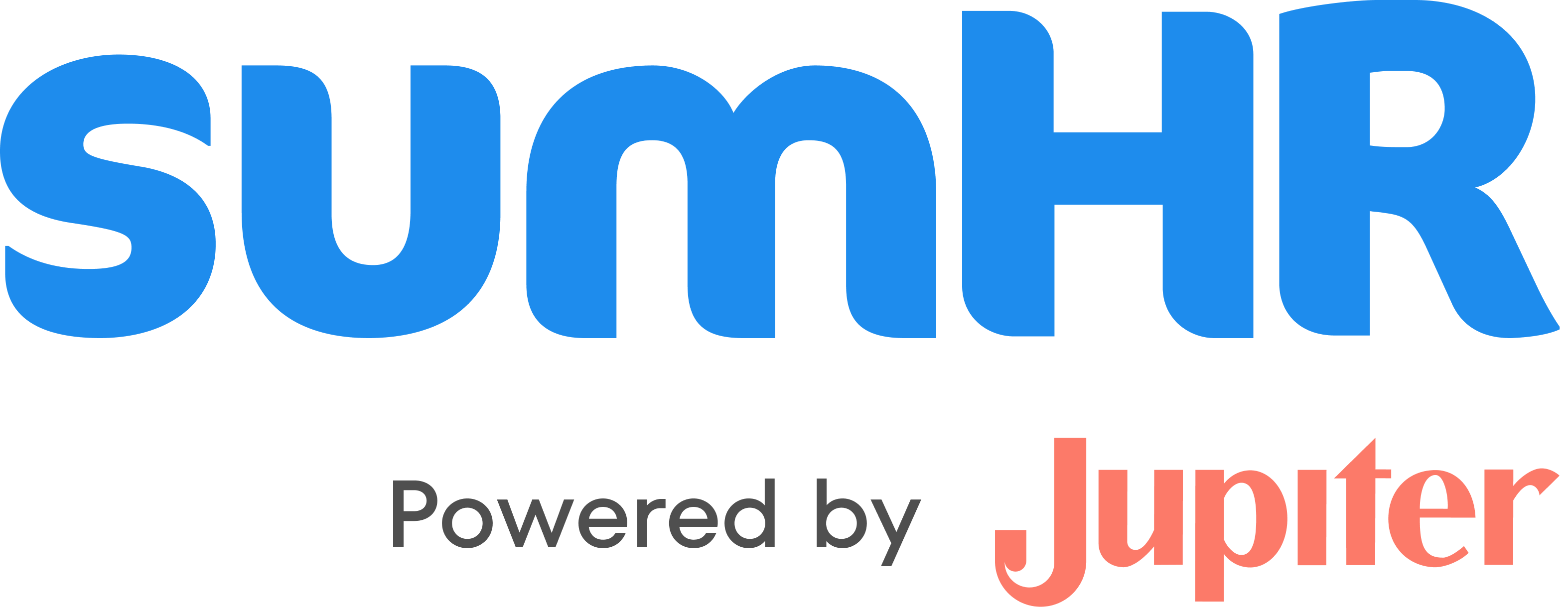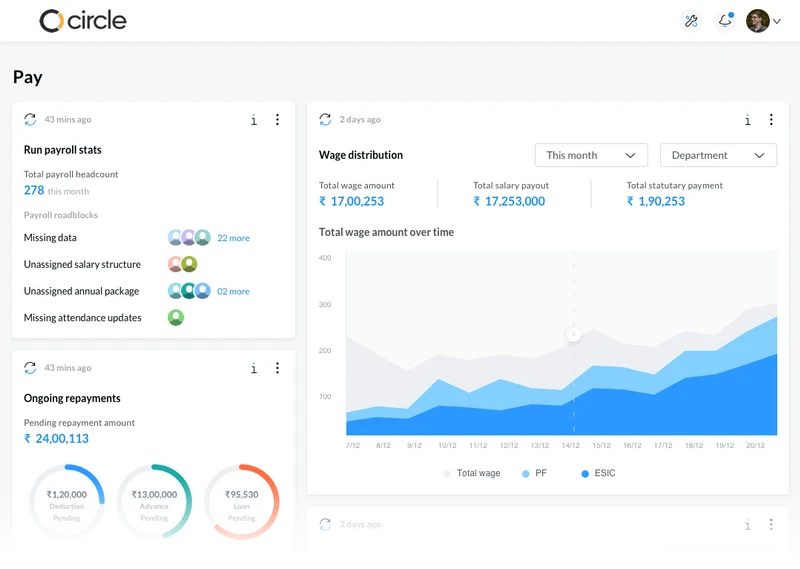Have you ever thought about deploying automation in your hiring systems? Probably not, since this seems to go against accepted wisdom. Instead, you accept this as a process that can and should be managed manually with a human touch, otherwise could be to risk your candidates receiving an impersonal or cold first impression of your business? But are you willing to have your mind opened to a different possibility, in fact, are you ready to have it changed completely?
Deploying automation using artificial intelligence in the way in which you hire can not only free up valuable time (for tasks in which the personal touch is essential) but can make the whole process slicker and smarter to improve the quality of hire.
And that makes for a great first impression for your candidates, plus providing the opportunity to streamline your business by reducing cost per hire.
In today’s age of automation, HR professionals can automate a number of repetitive recruitment workflows and devote more time to other productive organizational tasks, ultimately enabling them to achieve significant business results within a short period of time.
So we’ve rounded up seven points to show you the benefits of bringing automation into your hiring process.
1. Advertising the opportunity
If you’re a business owner, then you understand how much of a burden the hiring process can be. You understand how much time can be wasted from trawling through untenable applications.
Well, recruitment automation technology can ensure that the resumes that land on your virtual desk is from the most suitable potential candidates. The key for you to remember here is targeting.
There are automated processes and dedicated platforms out there that can work to place your advertisements where they are most likely to be seen by the job seekers or passive candidates you want to attract. This is going to allow you to quit wasting precious time researching the best options for where to advertise your job descriptions.
Then you need to combine this in with resume matching software to identify suitable applications and your recruitment process can be consolidated to advantageous effect.
‘Wonderkind is an example of a platform that we use when hiring,’ says John Cavell, an HR manager at State of writing and Paper Fellows. ‘These kinds of platforms manage the placement, in terms of location and timing, of our ads, and have proved invaluable to us in terms of time management and discovering talent.’
2. Make The Most Of Social Media
Social media is one of the ultimate marketing tools and if you’re not using it as much as you can, then you’re missing out. Once you use these automatic processes to target social media along with platforms such as those outlined above, you have a formidable double act.
Automation, such as that offered by specifically tailored platforms, can be deployed to target your ads placed on social sites.
This also gives you available information on users who could be a potential job match. It also highlights those candidates that are unsuitable. This gives you precision targeting and provides you with useful profiling data on prospective candidates at an early stage of the recruiting process.
There are automated platforms such as Hootesuite that can be brought into play for scheduling repetitive tasks. They can fulfill the role of placing advertisements on social media sites, meaning that you don’t have to spend time doing this manually.
3. Assessment Before Interview
You could draft in an automated system to assess and screen candidates before the interview. This will save you time and resources. Also, it will ensure that only the most suitable potential employees are ushered through to the next stage of your hiring process.
You can use these automated assessments in a wide variety of ways. They can cover everything from cognitive ability testing to interrogating language skills, to analyzing how well a candidate would fit into the general culture of your business or a general background check.
The process of screening can also be completed using automated chat-bots. These are designed to ask key questions and to gather the data necessary to de-select, at this point, any unsuitable matches. By delegating in this way, vital information is collected for you ‘blind,’ and removing any chance of hiring decision based on unconscious preference.
These days, the use of pre-recorded videos is also increasing in recruitment. An employer can record a set of initial interview questions a single time. This is simpler than interviewing each candidate in person. You can ask that the potential hires can complete these video interviews at home. Then they can return them in order for you to review all the videos to be reviewed together and compared.
This is yet another unwieldy process that can streamline your application process by saving you from tedious tasks and interview time.
4. Efficient Interview Scheduling and Candidate Tracking
Now let’s talk about scheduling interviews and tracking job candidates through the system. This is yet another part of hiring that can be advantageously farmed out to an automated process.
You can use automation, in the form of a specialized platform or software, to contact qualified applicants selected for an interview and to create and update the diary with confirmed interview details. This can ease the pressure of manual tasks on the HR (Human Resources) department and create a smooth, stress-free system for both you, the employer, and potential employees.
You can also track your candidates using an ATS (Application Tracking System) through the hiring process. This is another way for y
ou to put automation to highly effective use.
An ATS enables you to easily view comparable candidate data. You can use it in conjunction with interview scheduling software in order to create a slick system for this stage of recruitment.
These systems can be used to stay in touch with your potential hires throughout the process, and to see at a glance the strongest candidates at any given point. You can use candidate tracking to also feed into the maintenance of talent banks, which is discussed below.
5. Engaging With Your Potential New Employees
Candidate Relationship Management systems (CRMs) can be a hugely valuable resource to you. They serve to promote and maintain candidate engagement as well as providing prospective staff with essential insights into the ethos and culture of your business.
Have you ever heard of Avature? This is a great example of an automated system that can be deployed to send emails, reminders, and updates to candidates.
This serves to ensure qualified candidates or job applicants continued interest in the job role, as well as largely negating the need for candidates to be in touch with questions that can easily and efficiently be answered in the form of emailed information.
Such systems will offer your business the chance to form a relationship with candidates and enhanced candidate experience at an early stage. So perhaps you find that a candidate isn’t successful for the specific role being interviewed for. Well, they could be identified as potentially a great match for another vacancy.
Ava Richards, the business blogger at Boomessays and Lia Help, suggests, nurturing and guiding your ideal candidates from their initial application through to assessment, interview, and possible hire is now seen as a fundamental role of a company’s HR processes. If you want to attract the best people, keeping them engaged from the off will pay dividends.’
6. Create And Use A Talent Pool
So, the interviews are finally over and your successful candidate has been selected. But automation can still play a role in smoothing the road of future hiring.
You should consider creating a talent pool – a consortium of people, including past applicants and interviewees, who could be a perfect match for a forthcoming role in your business.
You could use some of the systems discussed above to carry out screening and pre-assessment tasks so that you have a bank of talent ready to be utilized as soon as a job opportunity becomes available.
If you use automation again in the ways listed above, this will help you to maintain engagement with your talent pool through regular email communication or specific alerts and dates for their diaries.
By maintaining such a valuable bank of credible potential employees can drastically alter your hiring process, negating the need for recruitment campaigns and saving money in terms of advertising budget. Also, you are bound to save so much more time.
So rather than advertise a role, you can make a selection for an interview from the pool of people who have already been identified as viable candidates.
7. Onboarding New Hires
Now that you have successfully incorporated automated systems into your hiring procedures and have, efficiently and with minimal advertising spend, found your perfect person for the job role, it’s time to get them on board.
But when you move from recruitment to onboarding, this can be a tricky process with hidden pitfalls, but here, too, introducing automation solutions can smooth the path for both yourself and the happy candidate.
Perhaps you could use a system of communication that segues seamlessly from providing pre-interview information to delivering new starter advice or induction packages.
This is a great way to streamline the entire hiring process from start to finish. It will help to reduce incidents of successful candidates dropping out before beginning their first day.
Once you begin using onboarding, you may find that this can be a mutually beneficial journey, too, and automation can help facilitate this. It incorporates opportunities in the process to encourage your new recruit to set out their expectations, hopes, and any concerns that can open up vital communication and help integration prior even to their first day on the job.
The Advantages Of Automation
When you automate elements of your recruitment process, in practice, it can make the whole system a more personalized one for you. This makes sure the engagement with your potential candidates at every stage is facilitated and employed to maximum effect.
This in turn, generates both a positive image of your business as well as saving time, money, and the manual effort otherwise required to, for example, schedule interviews and manage candidate data.
Further, the suggestions above will give you the best possible chance to find the ideal person for the role you have vacant, through precision targeting and candidate nurturing. In terms of fostering a good impression on your candidates, it is worth remembering that your candidates could very well also be your customers.
There is an increasing prevalence of dedicated platforms and software to support and improve an automated approach. This means that you can easily adapt a system that is the perfect fit for your company, whether you’re a small business or a large corporation, and cherry-pick which elements of an automated system are right for you to ensure a seamless experience for candidates.
From advertising the role to introducing your just-hired member of staff to their new team, automation can play a beneficial role within your HR department for quality hires, and therefore business and company culture as a whole, that cannot be underestimated.
If you’re looking for an HRMS software check out sumHR, the all in one HR Software from payroll management, attendance software, performance management, recruit module and more. Book your free demo for sumHR.
Frequently Asked Questions (F.A.Q)
1. What is Automation?
Automating processes like manual resume screening and interview scheduling allow you to focus on more meaningful work.
2.What are the Benefits of Automation?
With that said, in an industry that’s centered almost entirely around people, it may seem counterintuitive to automate different parts of your recruiting process; however, there are actually a number of benefits to doing just that, especially when you’re hiring at scale.
3. What are the benefits of recruiting automation?
Recruiting automation not only increases efficiency but also improves the quality of a company’s hiring efforts.
4. Is the job performance predictive?
Automation allows recruiters to hire candidates based on characteristics predictive for job success. Automation also leads to more consistent hiring decisions, as it removes many variables that are not predictive for job performance.
5. What benefits do automation technology have for candidates?
By automating certain steps in the recruitment process, recruiters can focus more on building relationships, while candidates experience a streamlined process, get faster responses, and don’t have to wait as long for a hiring decision.








